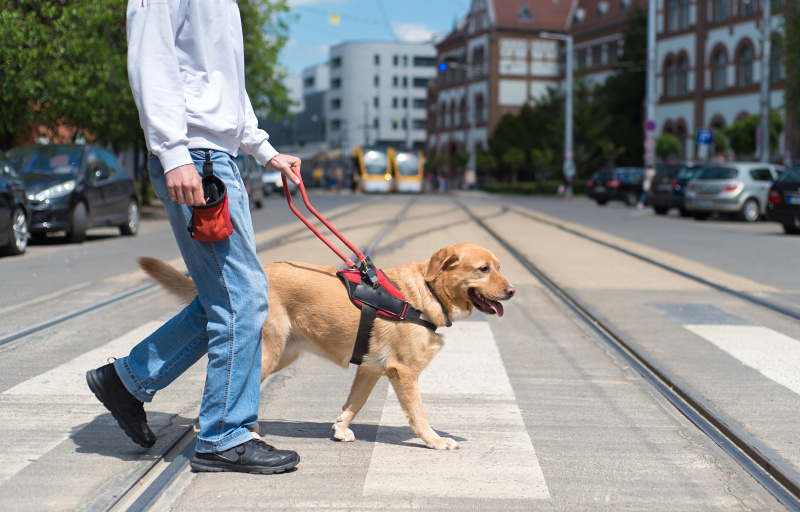From hotels to restaurants to department stores, many commercial businesses have a “No Pets” policy. If you’ve purchased your furry friend a “Service Animal” or “Support Animal” vest in order to circumvent this policy, you could now be facing criminal charges.
As of September 1, 2019, there is now a criminal penalty for those in Alabama who misrepresent a pet as a service animal or an animal-in-training in public spaces or housing accommodations. Gov. Kay Ivey signed Alabama Act No. 2019 – 478 into law on June 7th.
Alabama Act No. 2019 – 478 aims to define what constitutes a service animal in Alabama, consistent with existing federal law, and to address concerns in regard to individuals in Alabama who falsely claim that their pet is a service animal. Below are some highlights from this legislation that individuals and business owners should know:
- The Act sets out that service animals are limited to two types of animals: a dog or a miniature horse.
- The Act does not restrict service animals to a specific breed of dog.
- The service animal must be individually trained to do work or perform tasks that benefit a person with a disability.
- The Act provides that service animals are generally allowed in all public areas and public accommodations.
- If it is not apparent what a service animal does, a public accommodation may ask only if it is a service animal and what tasks it performs.
- A public accommodation may not ask about the nature or extent of the disability of an individual.
- The new law specifically allows for signs to be posted in public places with the message: “Service animals are welcome. It is illegal for a person to misrepresent an animal in that person’s possession as a service animal.”
Consequences:
- As of 9/1/2019, individuals who misrepresent that their pet is a service animal, or who misrepresent that they are a trainer of a service animal in training, can now face criminal charges in Alabama.
- Such a misrepresentation is a “Class C” Misdemeanor which, if the individual is found guilty, can result in a:
- Fine of $100 and/or
- 100 hours of community service to be performed with an organization that serves people with disabilities or one approved by the Court.
**Alabama Act # 2019 – 478 is legislation sponsored by Sen. Linda Coleman-Madison, D-Birmingham**

